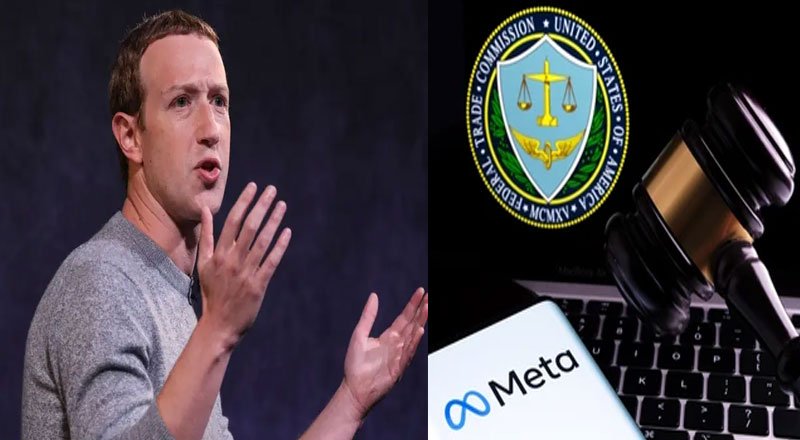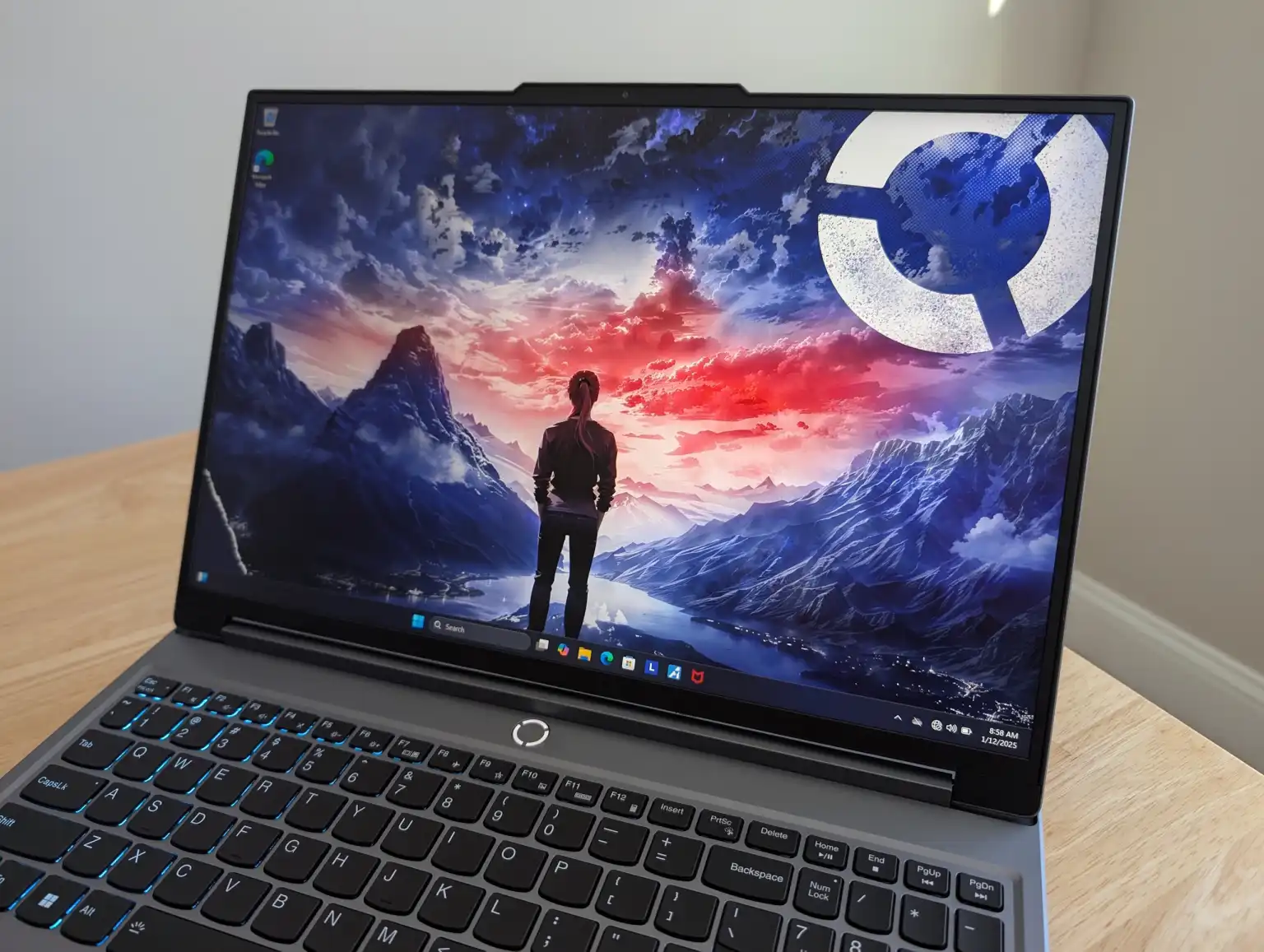
Zuckerberg Admits User Drop as FTC Probes Meta
In a key development during the ongoing antitrust trial between Meta and the Federal Trade Commission (FTC), CEO Mark Zuckerberg admitted that users are spending less time on Facebook and Instagram. He attributed this trend to intensified competition, particularly from TikTok and YouTube, which have become central to how people engage with content online.
Zuckerberg specifically noted that YouTube, owned by Alphabet, now commands more user time than both Facebook and Instagram combined. This acknowledgment reflects the shifting dynamics in the social media landscape, where short-form and video-first platforms are increasingly dominating user attention.
The FTC’s lawsuit claims Meta maintains a monopoly in the “personal social networking” space—defined as platforms designed primarily for connecting with friends and family. According to the agency, Meta has used its dominant position to suppress emerging competitors and secure its market leadership, despite waning user satisfaction.
Meta has pushed back against the FTC's characterization of the market, arguing that it is overly narrow and fails to account for platforms like TikTok, YouTube, and Snapchat. The company maintains that its acquisitions of Instagram and WhatsApp were driven by a desire to innovate, not to eliminate competition.
Zuckerberg also emphasized Meta’s focus on innovation, stating that understanding and responding to technological advances from rivals is essential to staying relevant in an increasingly fragmented digital environment.
Engagement metrics were a focal point of the trial. While time spent on Meta’s platforms may have declined, the FTC presented data showing that core user activity levels remained steady. They argue this reflects a lack of alternative options for users seeking personal connection networks.
Meta, however, contends that the landscape is far more diverse than the FTC suggests. The company pointed to continued growth in its user base and advertising revenues as signs of a healthy ecosystem, insisting that users today divide their attention across multiple platforms rather than exiting Meta entirely.
The case could carry significant implications for Meta’s business model. A ruling in favor of the FTC could require the tech giant to divest from Instagram and WhatsApp, a decision that would dramatically alter the structure of one of the world’s largest social media conglomerates.
Still, the situation is nuanced. A decline in time spent doesn’t necessarily mean diminished platform value. Meta continues to generate strong revenue and maintain a vast user base, signaling that it remains a major force in the digital economy despite increasing competition.
As the trial unfolds, it highlights a broader debate about how to define markets and regulate tech power in the age of social media. The outcome could reshape not only Meta’s trajectory, but also set precedent for how competition is assessed in the platform-driven digital era.






